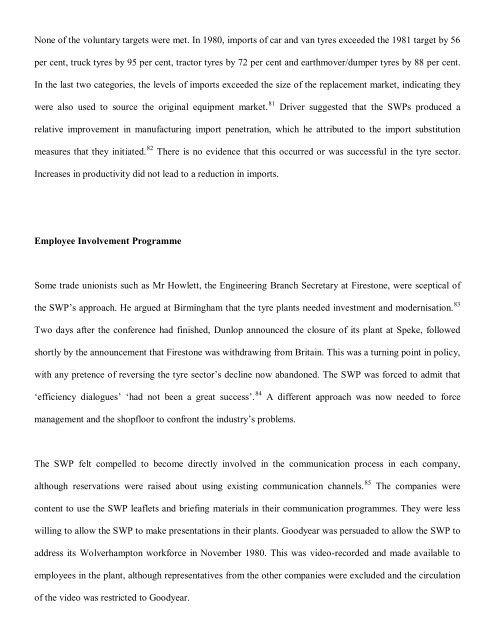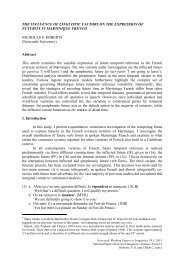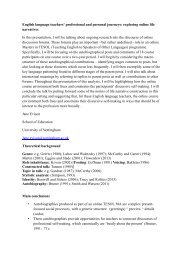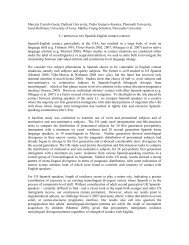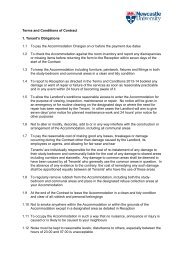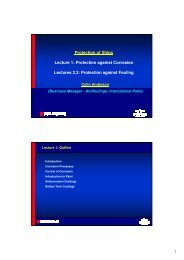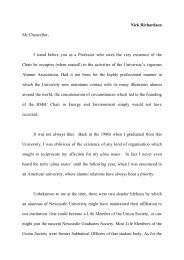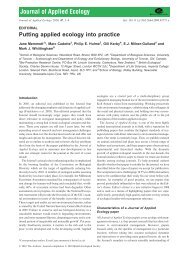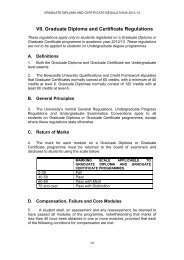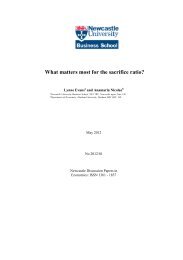The decline of the British tyre industry - Newcastle University
The decline of the British tyre industry - Newcastle University
The decline of the British tyre industry - Newcastle University
Create successful ePaper yourself
Turn your PDF publications into a flip-book with our unique Google optimized e-Paper software.
None <strong>of</strong> <strong>the</strong> voluntary targets were met. In 1980, imports <strong>of</strong> car and van <strong>tyre</strong>s exceeded <strong>the</strong> 1981 target by 56<br />
per cent, truck <strong>tyre</strong>s by 95 per cent, tractor <strong>tyre</strong>s by 72 per cent and earthmover/dumper <strong>tyre</strong>s by 88 per cent.<br />
In <strong>the</strong> last two categories, <strong>the</strong> levels <strong>of</strong> imports exceeded <strong>the</strong> size <strong>of</strong> <strong>the</strong> replacement market, indicating <strong>the</strong>y<br />
were also used to source <strong>the</strong> original equipment market. 81 Driver suggested that <strong>the</strong> SWPs produced a<br />
relative improvement in manufacturing import penetration, which he attributed to <strong>the</strong> import substitution<br />
measures that <strong>the</strong>y initiated. 82<br />
<strong>The</strong>re is no evidence that this occurred or was successful in <strong>the</strong> <strong>tyre</strong> sector.<br />
Increases in productivity did not lead to a reduction in imports.<br />
Employee Involvement Programme<br />
Some trade unionists such as Mr Howlett, <strong>the</strong> Engineering Branch Secretary at Firestone, were sceptical <strong>of</strong><br />
<strong>the</strong> SWP’s approach. He argued at Birmingham that <strong>the</strong> <strong>tyre</strong> plants needed investment and modernisation. 83<br />
Two days after <strong>the</strong> conference had finished, Dunlop announced <strong>the</strong> closure <strong>of</strong> its plant at Speke, followed<br />
shortly by <strong>the</strong> announcement that Firestone was withdrawing from Britain. This was a turning point in policy,<br />
with any pretence <strong>of</strong> reversing <strong>the</strong> <strong>tyre</strong> sector’s <strong>decline</strong> now abandoned. <strong>The</strong> SWP was forced to admit that<br />
‘efficiency dialogues’ ‘had not been a great success’. 84<br />
management and <strong>the</strong> shopfloor to confront <strong>the</strong> <strong>industry</strong>’s problems.<br />
A different approach was now needed to force<br />
<strong>The</strong> SWP felt compelled to become directly involved in <strong>the</strong> communication process in each company,<br />
although reservations were raised about using existing communication channels. 85 <strong>The</strong> companies were<br />
content to use <strong>the</strong> SWP leaflets and briefing materials in <strong>the</strong>ir communication programmes. <strong>The</strong>y were less<br />
willing to allow <strong>the</strong> SWP to make presentations in <strong>the</strong>ir plants. Goodyear was persuaded to allow <strong>the</strong> SWP to<br />
address its Wolverhampton workforce in November 1980. This was video-recorded and made available to<br />
employees in <strong>the</strong> plant, although representatives from <strong>the</strong> o<strong>the</strong>r companies were excluded and <strong>the</strong> circulation<br />
<strong>of</strong> <strong>the</strong> video was restricted to Goodyear.


